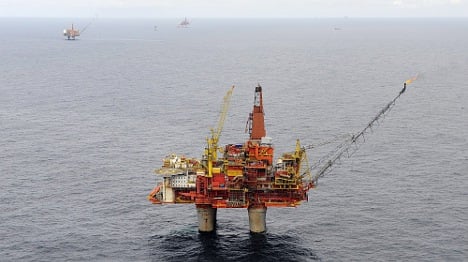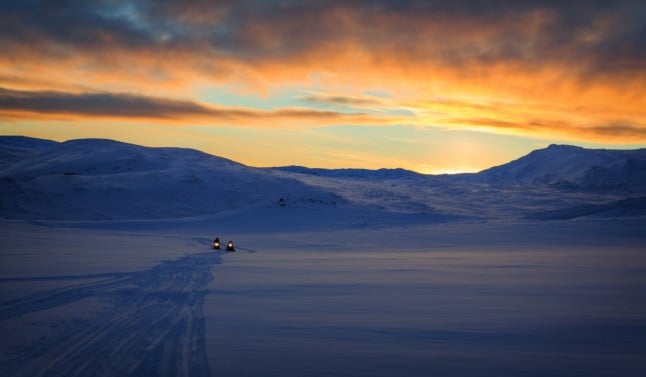While the government agrees that workers should be compensated for taking turns to sleep in the same cabin, a spat has broken out over an appropriate pay scale, newspaper Stavanger Aftenblad reports.
The Norwegian Oil Industry Association (OLF) and the LO trade union federation have agreed on a sum of around 750 kroner ($120) a day.
But other labour groups argue that this figure is way too low considering the huge amounts of money oil firms save by not providing individual cabins for all workers.
Lederne, a trade union representing managers and engineers, has called for its night-shift workers to be paid a supplementary hot-bedding fee of 4,000 kroner a day. Day-shift workers should get 3,000 kroner, the union says.
What’s more, since cabins for hot-bedding colleagues are often outfitted with reversible beds or pull-out bunks, occupants should be paid the equivalent of an extra hour’s overtime, or around 600 kroner, for the inconvenience of having to fiddle with the beds, the union says.
Terje Herland at Lederne’s Statoil group said the state-owned oil giant had taken a major step backwards by prioritizing hot-bedding over more worker-friendly solutions like floatel rental or the expansion of existing living quarters.
“When they’re saving billions on cabin-sharing, we don’t see any reason to sell ourselves cheap,” Herland told Stavanger Aftenblad.



 Please whitelist us to continue reading.
Please whitelist us to continue reading.
Member comments